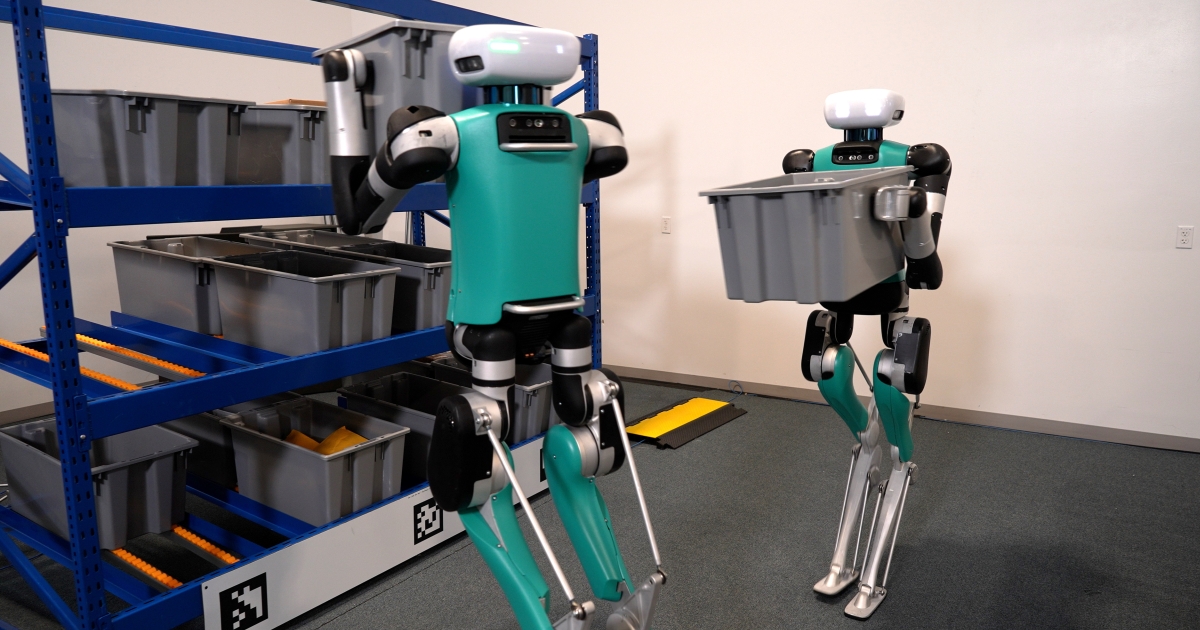As automation-enabling technology continues to advance, the discussion around “the workplace of the future” grows more feverish. How will the “robotification” of the workplace impact human workers? Are jobs at stake? What does all this mean for our future? Opinions vary but anyone in the tech space is bound to land somewhere on the spectrum. Notably, Microsoft founder and self-described techno-optimist, Bill Gates, recently suggested that governments should tax companies using robots in place of humans to (at least temporarily) slow the spread of automation and fund other types of employment.
The influx of media coverage dissecting the threat of workplace automation has only heightened fears. Headlines like The 5 Jobs Robots Will Take Next are becoming ubiquitous, making it increasingly hard to avoid wondering what jobs will look like by the year 2025. On the other hand, people can take comfort in the fact that despite the undeniable grip technology has on society, not all human skills can be replicated by a machine, no matter how sophisticated. Here are a few ways smart organizations are strategically automating workplace tools to boost human capabilities.
(Editorial note: For more of Buiocchi’s thoughts on these and other topics, listen to his recent appearance on an episode of the IoT Time Podcast.)
Automating workplace tools
From the Internet of Things (IoT) to autonomous equipment and predictive and asset-based maintenance, emerging and existing technologies are driving change across all industries and roles, including facilities management. Known for its traditional and unvarying processes, facilities management has seen a baseline increase in innovation over the last decade, transitioning from traditional pen-and-paper processes to workflow-based software – which unsurprisingly has proven to yield a far greater level of efficiency. Based on how technology is being used today and what we’re seeing in the works, we expect an aggressive shift to self-managed facilities propelled by IoT integration including machine learning and artificial intelligence (AI) over the next decade or so. The benefits are great: new technology in the facilities sector makes everyday tasks easier, more effective and intelligent, and ultimately, more efficient.
Thanks to the accessibility of constant connectivity, an increase in devices with built-in sensors and the overwhelming presence of smartphones, facilities management is perfectly positioned to endorse an IoT overhaul. Equipment and assets can be easily purchased or retrofitted with IoT sensors enabling next-gen communication, including proactive alerts reporting equipment condition, notification of possible service needs and the ability to preemptively trigger action before something breaks. Smart sensors and self-monitoring equipment are invaluable in facilities management and are responsible for shifting the industry from reactive to proactive – leading to smaller problems, fewer service calls and eliminating service interruptions, all resulting in lower costs and huge efficiency gains.
The reality
Innovation will continue to mature in ways we can’t predict, and some jobs undoubtedly evolve as a result, but it’s highly unlikely that society will ever seek to automate the entire human workforce. From doctors to teachers to salespeople, many jobs require cognitive and social skills – which cannot be effectively performed by a machine. While machines can be programmed to replicate behaviors or actions, human touch and our emotional intelligence are essential and will remain the nucleus of our interactions no matter how innovative the robot becomes.
So instead of fearing the “robotification” of the workplace, we should welcome it. The reality is that automation increases efficiency, boosts human capabilities and enables us to do our jobs more effectively. As facilities management professionals, we understand this and know that embracing automation and adopting new technologies will not only help us survive, but thrive in competitive and transforming markets including retail, restaurant, and other traditional brick-and-mortar industries. The workplace of the future is here, and the companies who view automation as a catalyst for productivity, instead of a threat, are the ones who will rise to the top.
About the Author: Tom Buiocchi joined ServiceChannel as an Executive Director in 2014. He has more than 30 years of experience leading growth companies in both technology and energy services, including Jeda Networks (interim CEO), Drobo (CEO), Mohr Davidow Ventures (Executive in Residence), Brocade Communications (CMO), Rhapsody Networks (Vice President Marketing), FMES (co-founder and COO), and Hewlett-Packard. Buiocchi also recently appeared on the IoT Time podcast to discuss Machine Learning and Smart factories.
Edited by
Ken Briodagh





